Philosophy and Games
I love logic (the doctrine of the structure of thought) – and board games. When I’m not an intern at Funtails, I study philosophy in Hildesheim. Because logic and board games are topics close to my heart, I did my research project on rules in complex adult games. I affectionately dubbed it “the pleasure of logic.”
After bathing a lot in theoretical constructs during my studies, I would like to see in my time at Funtails how these theories are applied when producing engaging games. This feels like having spent a long time theoretically researching deep-sea snails to finally see a specimen. Time to take the plunge!

Philosophy and Games
I love logic (the doctrine of the structure of thought) – and board games. When I’m not an intern at Funtails, I study philosophy in Hildesheim. Because logic and board games are topics close to my heart, I did my research project on rules in complex adult games. I affectionately dubbed it “the pleasure of logic.”
After bathing a lot in theoretical constructs during my studies, I would like to see in my time at Funtails how these theories are applied when producing engaging games. This feels like having spent a long time theoretically researching deep-sea snails to finally see a specimen. Time to take the plunge!

A taste of quality
Once you have started diving into the depths of good rules, you will not come to the surface so quickly. Instead, you develop a taste for it; otherwise, you would not be here. I will take the opportunity to kidnap you for a short digression.
Adult gamer´s inner child
I can confidently say that our first gaming experiences didn’t start with Glen More II: Chronicles. The first games we play in life are with our hands and feet, and the nearest grabbable hair, not with Kilted-Meeples! At first glance, one is very far from the other. Nevertheless, I have been similarly deeply immersed in the world of “Glen More”; I have distilled whisky and built castles. Nonetheless, I would say that this childlike fascination manifests itself in a highly rational way.
A taste of quality
Once you have started diving into the depths of good rules, you will not come to the surface so quickly. Instead, you develop a taste for it; otherwise, you would not be here. I will take the opportunity to kidnap you for a short digression.
Adult gamer´s inner child
I can confidently say that our first gaming experiences didn’t start with Glen More II: Chronicles. The first games we play in life are with our hands and feet, and the nearest grabbable hair, not with Kilted-Meeples! At first glance, one is very far from the other. Nevertheless, I have been similarly deeply immersed in the world of “Glen More”; I have distilled whisky and built castles. Nonetheless, I would say that this childlike fascination manifests itself in a highly rational way.
Never(ish) wavering curiosity
This curiosity, which urges us to try new things, remains with us. Playing drive us to use the world to our advantage, to learn and pratice. Animals and people who must test and train their skills start in a playful manner. However, the instinct to play changes as we get older.
As children, we playfully discover the intriguing world we have been brought into. In our early years of life, we learn to play our first fantasy-games after playing for months with our feet.
The first board games we might encounter in life use simple constructs. Typical mechanisms are random or refer to abilities commonly present in children. For example, who hasn’t lost a round of Memory to a 5-year-old? The rules of a family game want to enable a level playing field, breaking down the differences between adults and children. In a family game, we share time together – with everything that goes with it! All participants learn conflict management (some better than others), frustration tolerance, and critical interpersonal skills. In the best case, we leave the table evolved from when play started.
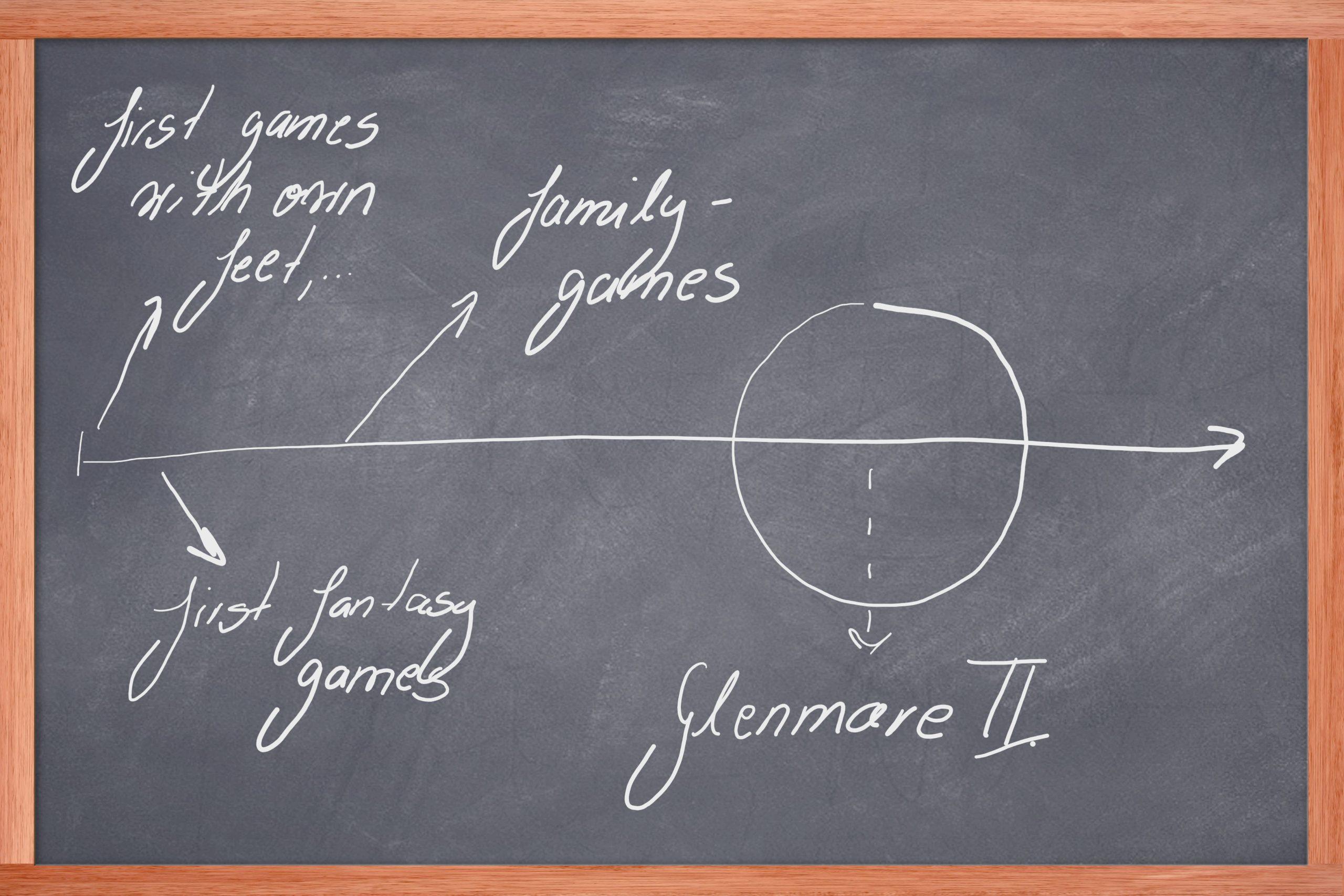
Never(ish) wavering curiosity
This curiosity, which urges us to try new things, remains with us. Playing drive us to use the world to our advantage, to learn and pratice. Animals and people who must test and train their skills start in a playful manner. However, the instinct to play changes as we get older.
As children, we playfully discover the intriguing world we have been brought into. In our early years of life, we learn to play our first fantasy-games after playing for months with our feet.
The first board games we might encounter in life use simple constructs. Typical mechanisms are random or refer to abilities commonly present in children. For example, who hasn’t lost a round of Memory to a 5-year-old? The rules of a family game want to enable a level playing field, breaking down the differences between adults and children. In a family game, we share time together – with everything that goes with it! All participants learn conflict management (some better than others), frustration tolerance, and critical interpersonal skills. In the best case, we leave the table evolved from when play started.

You should consider your next move carefully, or should you?
These fundamental characteristics of play do not simply disappear in adulthood. On the contrary, past gaming experiences shape our attitudes toward adult play. Additionally, we equally learn as adults, have shared experiences, and have fun together. I explicitly mention this here because, in games like chess, this aspect of the playing experience takes a back seat in favor of the rational calculus of serious competition. This calculation is studied extensively in “game theory”, in which mathematics and economics try to model rational entities.
Here, it is particularly noteworthy that game theory considers human decisions in general. Who plays, calculates, and chooses tactically. These activities are anything but unworldly and train many processes and requirements we encounter daily.
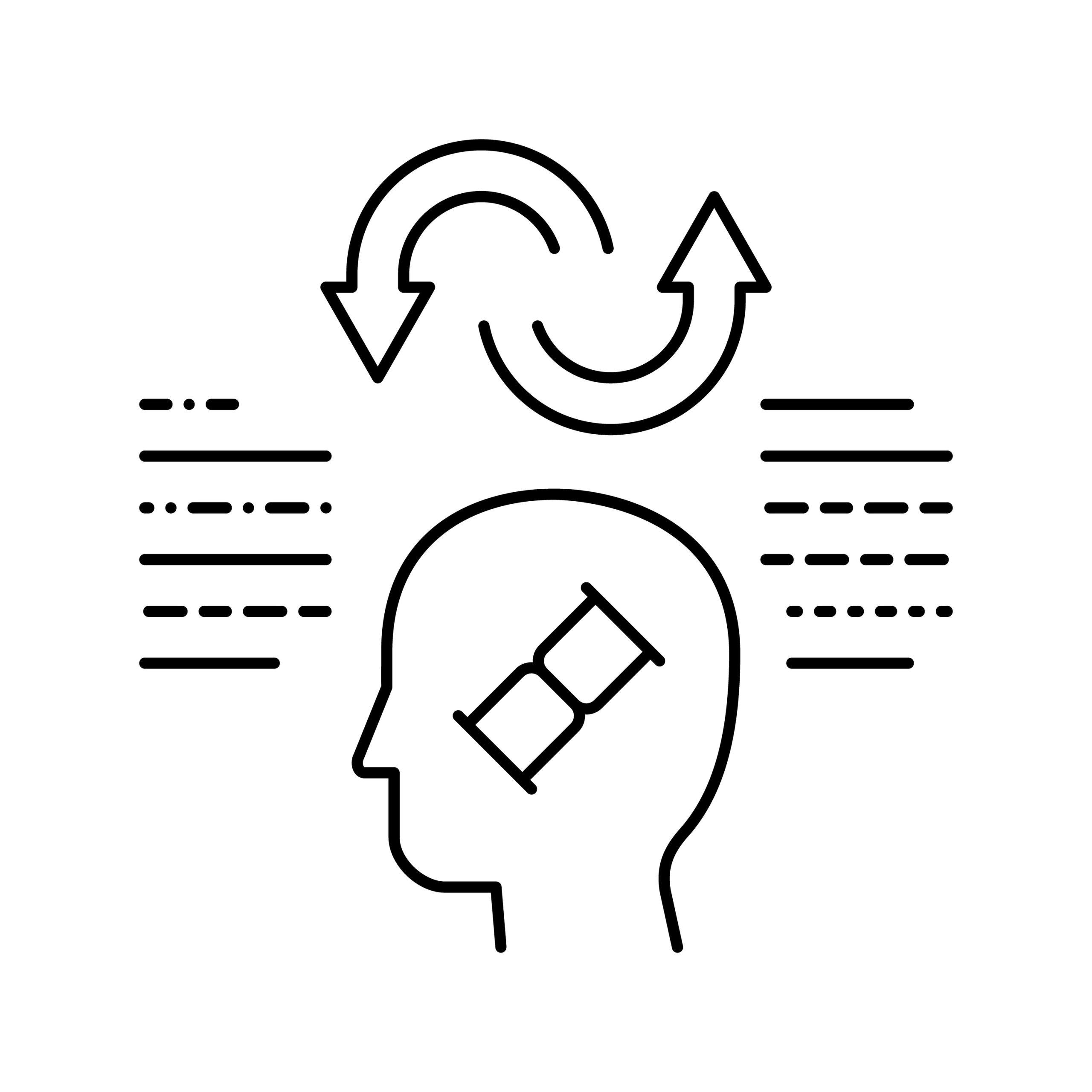

You should consider your next move carefully, or should you?
These fundamental characteristics of play do not simply disappear in adulthood. On the contrary, past gaming experiences shape our attitudes toward adult play. Additionally, we equally learn as adults, have shared experiences, and have fun together. I explicitly mention this here because, in games like chess, this aspect of the playing experience takes a back seat in favor of the rational calculus of serious competition. This calculation is studied extensively in “game theory”, in which mathematics and economics try to model rational entities.
Here, it is particularly noteworthy that game theory considers human decisions in general. Who plays, calculates, and chooses tactically. These activities are anything but unworldly and train many processes and requirements we encounter daily.
So many rules!
A game and its rules create a space in which we act. In this environment, I usually want to move as efficiently as possible to win. So, we have two types of rules that create the game worlds we know.
- The rulebook
- Efficient in-game actions
Usually, the latter can be logically derived from the former.
A quick example:
I wouldn’t say I’m playing “Glen More” when I throw the meeples against a wall. That would not be appropriate. Even if I aimlessly string tiles together, it wouldn’t be the game I like so much – even if it were allowed by the rules. Primary rules tell you what to do and what not to do. The secondary rules come from yourself, thinking about what the smartest move would be.
What is interesting about these secondary rules is that they are only partially congruent. Up to a point, the players at the table agree on what would be an intelligent strategy. In the subtleties, however, these derivatives diverge – one uses the conditions of the game more efficiently than the other.
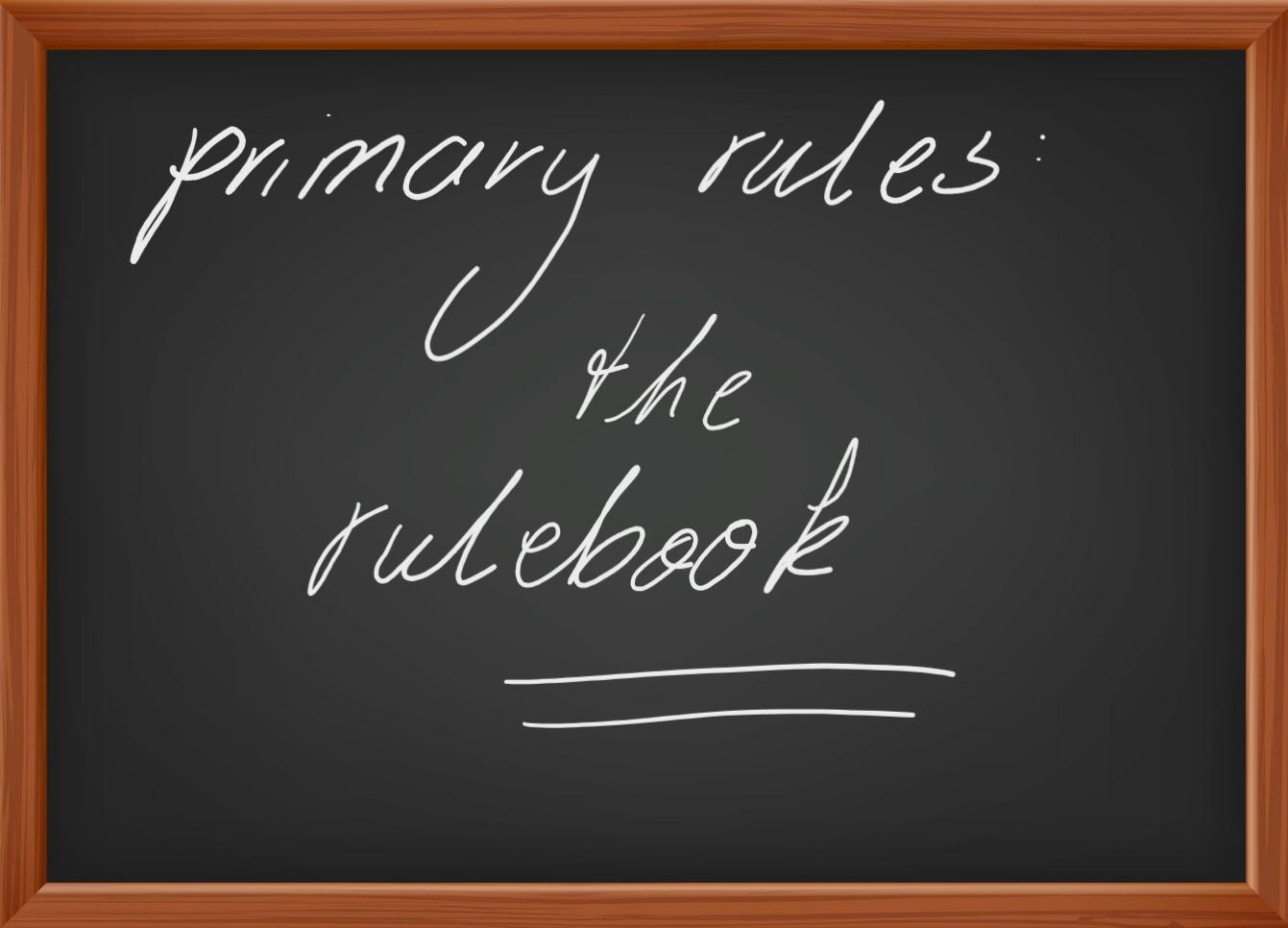
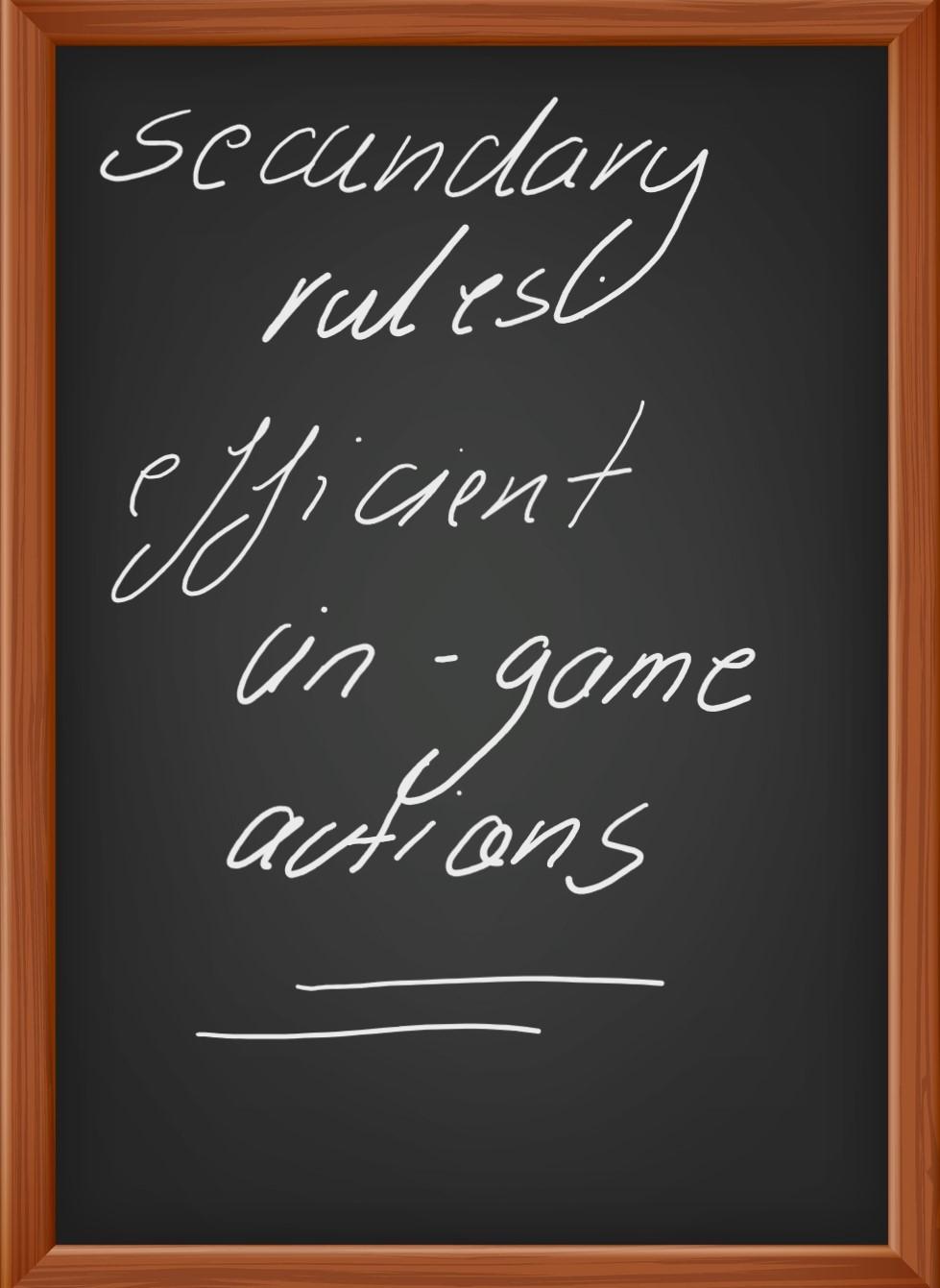
So many rules!
A game and its rules create a space in which we act. In this environment, I usually want to move as efficiently as possible to win. So, we have two types of rules that create the game worlds we know.
- The rulebook
- Efficient in-game actions
Usually, the latter can be logically derived from the former.
A quick example:
I wouldn’t say I’m playing “Glen More” when I throw the meeples against a wall. That would not be appropriate. Even if I aimlessly string tiles together, it wouldn’t be the game I like so much – even if it were allowed by the rules. Primary rules tell you what to do and what not to do. The secondary rules come from yourself, thinking about what the smartest move would be.
What is interesting about these secondary rules is that they are only partially congruent. Up to a point, the players at the table agree on what would be an intelligent strategy. In the subtleties, however, these derivatives diverge – one uses the conditions of the game more efficiently than the other.


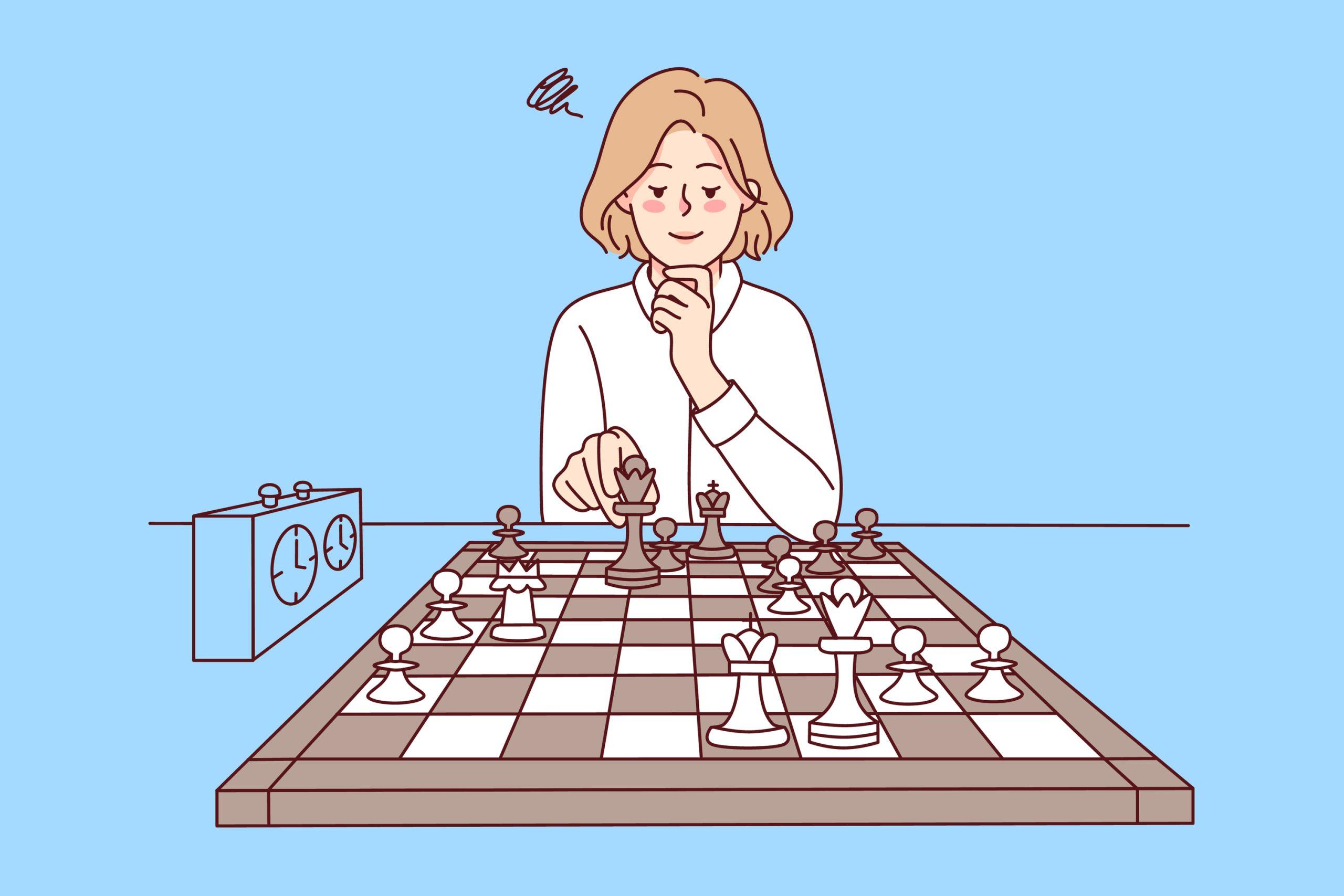
Villas and shabby storage rooms
The basic set of rules opens a world and defines its limits. However, this happens not only through explicit prohibitions and imperatives but also through the secondary rules that follow them. For example, the primary rules can seem like a villa with infinite room for maneuver – but if I have to make the same moves every game to win, the actual room for maneuver is just a shabby storage room. In chess, the basic rules fit into the storage room but open game worlds that are difficult to keep track of. The primary rules state, for example, that the tower may only capture and move on a straight line. The secondary rules, in turn, could fill entire chapters: the tower should be placed in an open row, in the middle game it should be developed more towards the center, etc. Of course, chess would be a less exciting game if very few possibilities could be derived from the basic rules to win.
The editorial work on rules of the game must, therefore, also consider the implicit effects of a game rule. For example, what human actions will rationally follow when I set a particular rule? Is there a dominant strategy, or are there several equivalents moves whose specific advantages and disadvantages can change during the course of the game? Is the same move of different value, depending on its timing? Does its value vary due to the different strategies used by the opposing player?
It is worth taking these thoughts with you to the gaming table. You will be amazed; I can promise that.

Villas and shabby storage rooms
The basic set of rules opens a world and defines its limits. However, this happens not only through explicit prohibitions and imperatives but also through the secondary rules that follow them. For example, the primary rules can seem like a villa with infinite room for maneuver – but if I have to make the same moves every game to win, the actual room for maneuver is just a shabby storage room. In chess, the basic rules fit into the storage room but open game worlds that are difficult to keep track of. The primary rules state, for example, that the tower may only capture and move on a straight line. The secondary rules, in turn, could fill entire chapters: the tower should be placed in an open row, in the middle game it should be developed more towards the center, etc. Of course, chess would be a less exciting game if very few possibilities could be derived from the basic rules to win.
The editorial work on rules of the game must, therefore, also consider the implicit effects of a game rule. For example, what human actions will rationally follow when I set a particular rule? Is there a dominant strategy, or are there several equivalents moves whose specific advantages and disadvantages can change during the course of the game? Is the same move of different value, depending on its timing? Does its value vary due to the different strategies used by the opposing player?
It is worth taking these thoughts with you to the gaming table. You will be amazed; I can promise that.



